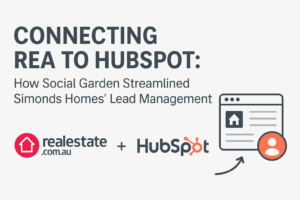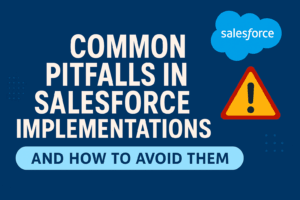BLOG
How to Sell Property in a Challenging Market
Property is a naturally challenging selling environment. The life expectancy of both greenfield and apartment projects ensures that developers are facing a constantly evolving playing field with constantly emerging competitors and ever-changing market dynamics.
This variable landscape has a significant impact on the potential for generating consistent levels of demand to achieve sales objectives. So how can you (and your advertising) stand out?
Keep reading our ‘Property Developer’s Guide to Selling Out Developments in a Challenging Market’ and discover our 4 key actions for creating demand, qualifying leads and ultimately, driving more sales.
The key to selling out a real estate is to find and enable prospective buyers to research your product sufficiently and move through the purchase process with ease. As such, in this blog post, we answer the following:
- How can you better distribute your media and advertising budget?
- Which social media platforms should you use to find the most interested buyers?
- What are the best practices for supporting your buyer in choosing your real estate development?
Advertising
Reduce Spend on Search
Many developers focus most or all of their media budget on search oriented platforms across search engine marketing (Google Adwords, Bing Ads) and real estate sites (REA, Domain). The main problem with search oriented platforms are that:
- They are incredibly competitive.
- It is very difficult to stand out.
- Ultimately, the results are comparatively lower.
Additionally, in a volatile and competitive market like property, you have the opportunity to find far more success on platforms that don’t have restricted targeting parameters. Such as…
Introduce Social Platforms
Social platforms, predominantly Facebook, have huge potential to create highly effective and granular audiences with a broad range of options. Beyond demographic and geographic options, Facebook targeting extends to parameters like milestones that actually indicate a high likelihood of looking for a new home or investment property such as:
- Change of income
- Recently selling their home
- Recently moving to a new area
- Change in family circumstances
Additionally, Facebook advertising has an incredibly powerful option to create Lookalike Audiences. Here’s how it works:
- You upload the email addresses of your existing database of buyers.
- Facebook will match each of these email address with the person’s profile.
- Facebook will create a set of characteristics that can be matched to a new group of extremely similar users.
- You target users that are m ost likely to respond to your product in the same way.
As all of the data is encrypted and you are not marketing to the existing database, there are no issues with breaching privacy policies.
![]()
Marketing Automation
Implement Web Tracking
Not all advertising and marketing needs to be visible. An often overlooked, but immensely crucial aspect of generating and nurturing leads is being able to track their online behaviour. Web tracking places a cookie on all of the visitors to your website and allows you to see and respond to activity including visits and clicks.
Utilising this data, you can:
- Better understand if your website content is helping or hindering users in researching your product.
- Create detailed, highly relevant nurture emails based on how people are navigating through your website and what the most frequent pain points and motivations are.
- Send emails that are triggered by specific activities. For example, if a lead has clicked on specific product pages and your financing page, you can automatically send them an email regarding finance for that product.
- Score your leads based on what information they are engaging with. More on this in the next section.
You’re the real estate expert, so you know the different types of customers that come to you wanting to employ your services. Marketing automation software such as Marketo and Eloqua create scripts that you can apply to your web pages and landing pages.
Identify Hot Leads
Lead scoring is a function of marketing automation software that allows you to assign scores to leads based on how well they fit your ideal buyer profile and their online behaviour. High lead scores enable you to send only the most qualified leads through to your sales team to call. As a result, you’ll find:
- A higher conversion rate for appointments and sales,
- Far fewer leads feeling jarred by a call made too early in the purchase process, and
- Far fewer leads rejected from Sales and sent back through to Marketing.
You can score against buyer profile on any information you can gathering through your forms or advertising target parameters such as:
- Marital status,
- Buyer type,
- Timeframe to purchase, and
- If they have a deposit in place.
You can score online behaviour including:
- Form submissions,
- Email opens,
- Email clicks,
- Landing page visits,
- Web page visits, and
- Campaign responses.
For example, a lead that has opted in on the landing page, opened 3 emails and clicked through to 4 high intent pages on a website has shown strong interest in the product, and would therefore be assigned a high lead score. Similar processes could be implemented to target commercial real estate leads as well.

Key Takeaways
- Consider moving away from search oriented advertising (REA, Domain, SEM). It’s expensive, restricts targeting and is less effective in generating leads.
- Diversify your advertising platforms. Explore social media avenues such as Facebook for a huge array of opportunities to target motivations, pain points and life events. This will help you work out the best advertising for your particular business.
- Track the behaviour of your leads wherever possible. You can better understand what they need to make a purchase, and send personalised emails based on their actions.
- Send only the best leads through to Sales by qualifying leads through their form submission data and their intent based on website tracking.












